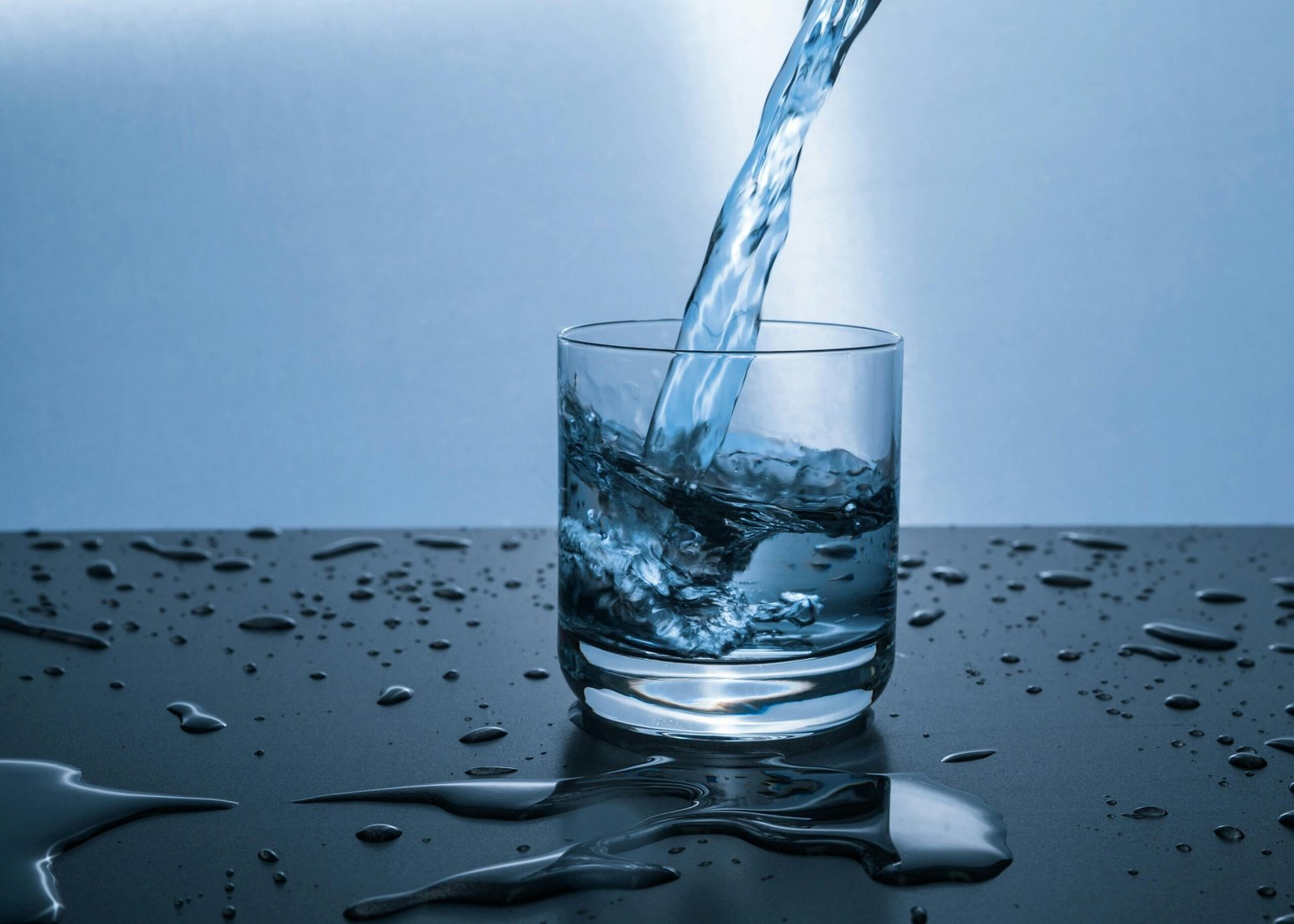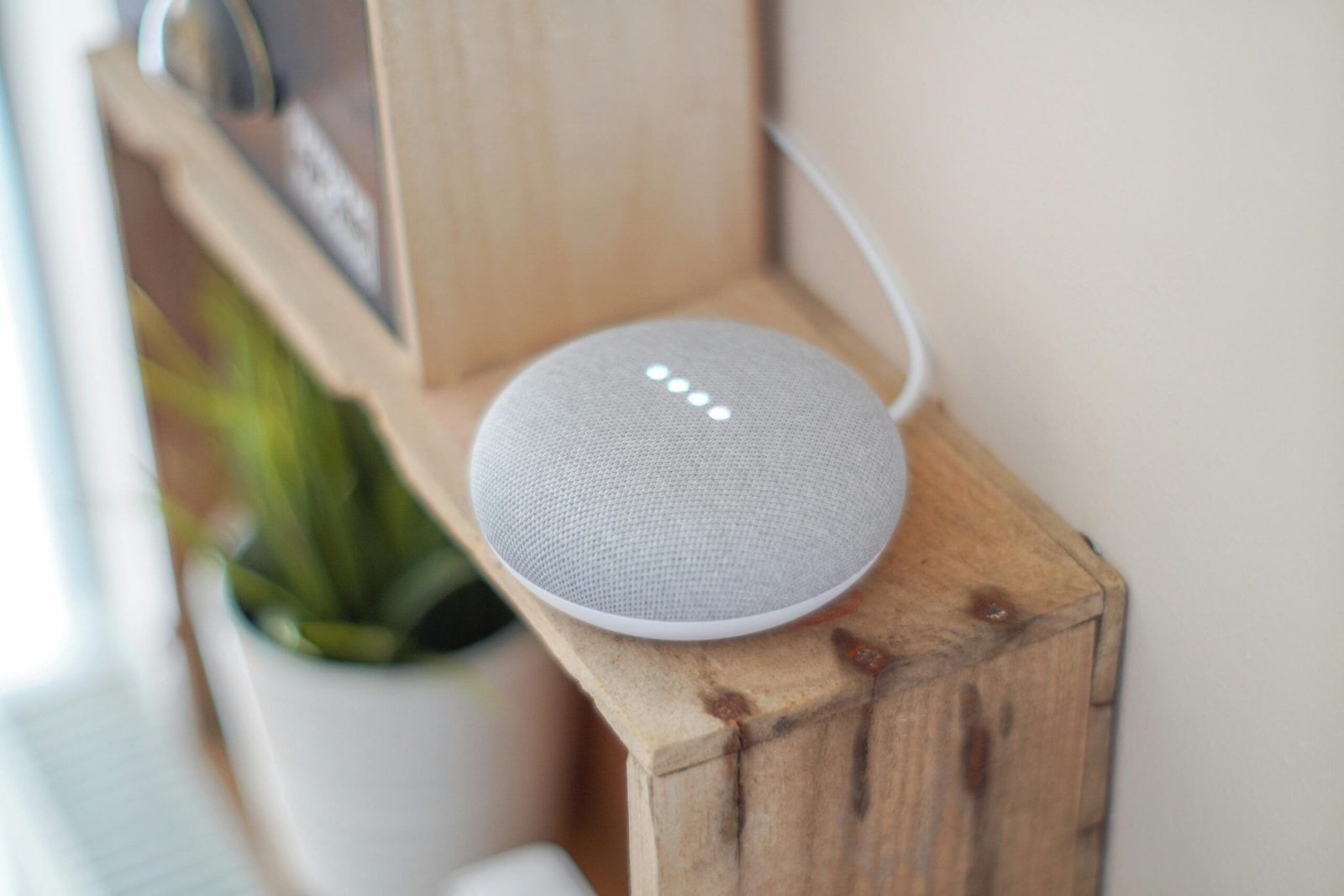Introduction
Water is essential for life. It plays a crucial role in maintaining bodily functions, promoting overall health, and ensuring well-being. Despite its importance, many people are unaware of how much water they should drink a day, the best type of water to consume, and whether certain types of water, like distilled water, are safe. In this comprehensive guide, we will explore everything you need to know about drinking water, its benefits, and practical tips for staying hydrated.
Understanding Drinking Water
What is Drinking Water?
Drinking water, also known as potable water, is water that is safe for human consumption. It can come from various sources, including natural springs, wells, rivers, lakes, and man-made reservoirs. The water that flows from our taps typically goes through a rigorous treatment process to remove contaminants and ensure it meets safety standards set by health authorities.
There are several types of drinking water available:
- Tap Water: This is the most common type of drinking water, readily available in homes and businesses. It is usually treated with chemicals like chlorine to kill bacteria and other pathogens.
- Bottled Water: Often marketed as purified or spring water, bottled water can be sourced from springs or public water systems. It goes through additional filtration and purification processes.
- Filtered Water: This is tap water that has been filtered to remove impurities. Various home filtration systems, such as activated carbon filters and reverse osmosis systems, can enhance water quality.
- Distilled Water: This type of water is purified through distillation, where water is boiled and the steam is collected, leaving contaminants behind.
Why is Drinking Water Important?
Water is fundamental to our health and well-being. Here are some of the key reasons why drinking water is vital:
- Hydration: Water is essential for maintaining hydration. It helps regulate body temperature, lubricate joints, and support metabolic processes.
- Digestion: Drinking water aids in digestion by helping to break down food and absorb nutrients. It also prevents constipation by keeping the digestive tract flowing smoothly.
- Detoxification: Water helps flush out toxins and waste products from the body through urine, sweat, and bowel movements.
- Skin Health: Staying hydrated can improve skin elasticity, reduce dryness, and promote a healthy complexion.
- Cognitive Function: Proper hydration is linked to improved concentration, alertness, and short-term memory.
Facts and Figures:
- The human body is about 60% water.
- On average, humans can survive only about three days without water.
- Daily water intake needs can vary based on factors like age, gender, weight, and activity level.
How Much Water Should I Drink a Day?
Recommended Daily Water Intake
Determining how much water you should drink daily can vary based on several factors. A common guideline is the “8×8” rule, which suggests drinking eight 8-ounce glasses of water a day, totaling about 2 liters or half a gallon. However, this is a general recommendation and might not be sufficient for everyone.
Factors affecting daily water needs include:
- Age and Gender: Adults generally need more water than children. Men typically require more water than women due to larger body mass.
- Activity Level: More active individuals, such as athletes, need more water to compensate for the fluids lost through sweat.
- Climate: People living in hot or humid climates require more water to stay hydrated.
- Health Conditions: Certain health conditions, such as kidney stones or urinary tract infections, may require increased water intake.
Signs of Dehydration
Recognizing the signs of dehydration is crucial to maintain optimal health. Common symptoms include:
- Thirst: Feeling thirsty is the body’s first sign that it needs more water.
- Dry Mouth: A dry or sticky feeling in the mouth.
- Dark Urine: Urine that is dark yellow or amber-colored indicates dehydration.
- Fatigue: Dehydration can cause a lack of energy and tiredness.
- Dizziness: Feeling light-headed or dizzy can be a result of dehydration.
- Dry Skin: Less elastic and drier skin can signal dehydration.
If dehydration persists, it can lead to more serious health issues such as kidney stones, urinary tract infections, and even heatstroke.
Best Water to Drink
Comparing Different Types of Water
Understanding the different types of water available can help you choose the best option for your needs:
- Tap Water: Convenient and inexpensive, tap water is subject to strict regulatory standards. However, its quality can vary depending on local water treatment processes.
- Bottled Water: Offers convenience and perceived purity but can be expensive and environmentally damaging due to plastic waste. It often contains minerals that can enhance taste.
- Spring Water: Sourced from natural springs, this water is often bottled at the source. It contains natural minerals and is usually free of contaminants.
- Purified Water: Treated through processes like distillation, reverse osmosis, or deionization to remove impurities. It is typically free of chemicals and contaminants.
- Filtered Water: Filtered tap water using home filtration systems to remove specific contaminants. It offers a balance between convenience and improved taste and safety.
Is Distilled Water Safe to Drink?
Distilled water is created by boiling water and collecting the steam, leaving impurities behind. While it is safe to drink, it lacks minerals found in other types of water, which some people believe are beneficial for health.
Pros of Distilled Water:
- Free from contaminants and impurities.
- Ideal for use in appliances like steam irons and humidifiers.
Cons of Distilled Water:
- Lacks essential minerals like calcium and magnesium.
- Some people find it tastes flat or bland due to the absence of minerals.
Health Benefits of Drinking Water
Physical Health Benefits

Drinking enough water offers numerous physical health benefits, including:
- Supports Digestion and Nutrient Absorption: Water is essential for breaking down food and helping the body absorb nutrients effectively.
- Maintains Healthy Skin and Hair: Proper hydration keeps skin elastic and moisturized, reducing the risk of dry skin and promoting a healthy complexion.
- Promotes Cardiovascular Health: Staying hydrated ensures the heart doesn’t have to work as hard to pump blood through the vessels, reducing the risk of cardiovascular problems.
Mental Health Benefits
Hydration also impacts mental health and cognitive function:
- Enhances Cognitive Function: Adequate hydration improves concentration, alertness, and short-term memory.
- Reduces Fatigue and Improves Mood: Staying hydrated can reduce feelings of fatigue and boost overall mood and energy levels.
Common Myths and Misconceptions About Drinking Water
Myth 1: You Need to Drink 8 Glasses a Day
The 8×8 rule is a general guideline, but individual water needs vary. Factors such as age, weight, activity level, and climate influence how much water you need. Instead of adhering strictly to this rule, listen to your body’s signals and drink when you’re thirsty.
Myth 2: Drinking Lots of Water Flushes Out Toxins
While water is essential for helping the kidneys filter waste from the blood, drinking excessive amounts won’t significantly boost detoxification. The kidneys have a natural capacity to eliminate toxins, and overhydration can lead to water intoxication, which dilutes essential electrolytes.
Practical Tips for Drinking More Water
Making Water More Accessible
Here are some practical tips to ensure you drink enough water throughout the day:
- Keep a Water Bottle Handy: Carry a reusable water bottle with you to encourage regular drinking.
- Set Reminders: Use apps or alarms to remind you to drink water at regular intervals.
Flavoring Your Water
If you find plain water boring, try these natural flavoring options:
- Add Fruits and Herbs: Infuse your water with slices of lemon, lime, cucumber, or fresh herbs like mint.
- Use Flavor Drops: Opt for natural, sugar-free flavor drops to enhance taste without adding calories.
Incorporating Water-Rich Foods
Certain foods have high water content and contribute to your hydration needs:
- Fruits: Watermelon, strawberries, and oranges.
- Vegetables: Cucumbers, lettuce, and celery.
Drinking Water Safety and Quality
Ensuring Safe Drinking Water
To ensure your drinking water is safe:
- Test Your Water Quality: Use water testing kits to check for contaminants.
- Understand Water Contaminants: Learn about common water contaminants such as lead, chlorine, and bacteria.
Choosing the Best Water Filtration Systems
Different filtration systems cater to varying needs:
- Activated Carbon Filters: Effective at removing chlorine, bad tastes, and odors.
- Reverse Osmosis Systems: Remove a wide range of contaminants, including heavy metals and nitrates.
FAQs About Drinking Water
How Much Water Should I Drink During Exercise?
Hydration needs increase with physical activity. Drink water before, during, and after exercise to replace fluids lost through sweat. An average guideline is to drink 17-20 ounces two hours before exercise, and 7-10 ounces every 10-20 minutes during exercise.
Can I Drink Too Much Water?
Yes, drinking too much water can lead to water intoxication or hyponatremia, where blood sodium levels become dangerously low. Symptoms include nausea, headache, confusion, and in severe cases, seizures. Aim for balanced hydration without overconsumption.
Is It Better to Drink Warm or Cold Water?
Both warm and cold water have their benefits:
- Warm Water: Aids digestion and can help with detoxification.
- Cold Water: Refreshing and can help cool down the body after exercise.
Conclusion
Drinking water is fundamental to our health, impacting everything from physical performance to cognitive function. By understanding the types of water, recommended intake, and benefits, you can make informed choices about your hydration. Prioritize drinking enough water daily to support your overall well-being.



